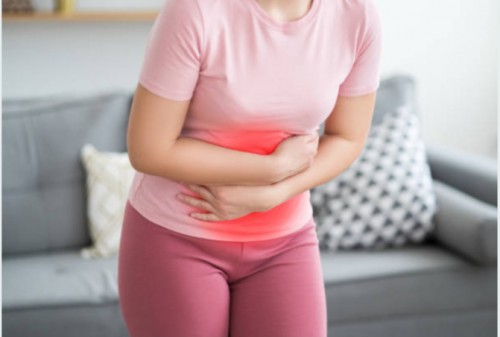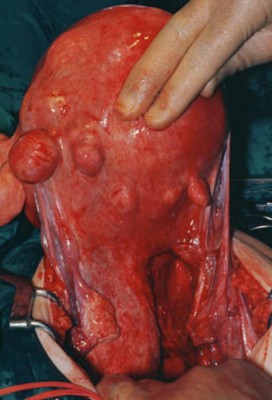Food poisoning during this festive season
Views:226 |
By:
Isaac

A good health care worker is the one that minds the health of his people every time and everywhere.
During this festive season when we gather together to celebrate and eat as a family for friends, some mistakes may happen during food preparation causing some abdominal discomforts..
Let us learn something about food poisoning.
Food poisoning, also called foodborne illness, is illness caused by eating contaminated food. Infectious organisms — including bacteria, viruses and parasites — or their toxins are the most common causes of food poisoning.
Infectious organisms or their toxins can contaminate food at any point of processing or production. Contamination can also occur at home if food is incorrectly handled or cooked.
Food poisoning symptoms, which can start within hours of eating contaminated food, often include nausea, vomiting or diarrhea. Most often, food poisoning is mild and resolves without treatment. But some people need to go to the hospital.
SYMPTOMS
Nausea
Vomiting
Watery diarrhea
Abdominal pain and cramps
Fever
Signs and symptoms may start within hours after eating the contaminated food, or they may begin days or even weeks later. Sickness caused by food poisoning generally lasts from a few hours to several days.
COMPLICATIONS
The most common serious complication of food poisoning is dehydration — a severe loss of water and essential salts and minerals. If you're a healthy adult and drink enough to replace fluids you lose from vomiting and diarrhea, dehydration shouldn't be a problem.
Infants, older adults and people with suppressed immune systems or chronic illnesses may become severely dehydrated when they lose more fluids than they can replace. In that case, they may need to be hospitalized and receive intravenous fluids. In extreme cases, dehydration can be fatal.
Some types of food poisoning have potentially serious complications for certain people. These include:
Listeria monocytogenes. Complications of a listeria food poisoning may be most severe for an unborn baby. Early in pregnancy, a listeria infection may lead to miscarriage. Later in pregnancy, a listeria infection may lead to stillbirth, premature birth or a potentially fatal infection in the baby after birth — even if the mother was only mildly ill. Infants who survive a listeria infection may experience long-term neurological damage and delayed development.
Escherichia coli (E. coli). Certain E. coli strains can cause a serious complication called hemolytic uremic syndrome. This syndrome damages the lining of the tiny blood vessels in the kidneys, sometimes leading to kidney failure. Older adults, children younger than 5 and people with weakened immune systems have a higher risk of developing this complication. If you're in one of these risk categories, see your doctor at the first sign of profuse or bloody diarrhea.
TREATMENT
Consult your doctor as soon as you start experiencing the about symptoms for laboratory samples check up and appropriate care.

 How to Avoid Getting Sick
How to Avoid Getting Sick  Why Most People Are Always Tired
Why Most People Are Always Tired  Ulcer, peptic
Ulcer, peptic  Ovarian cysts, symptoms and complications
Ovarian cysts, symptoms and complications  Can eating late lead to obesity
Can eating late lead to obesity